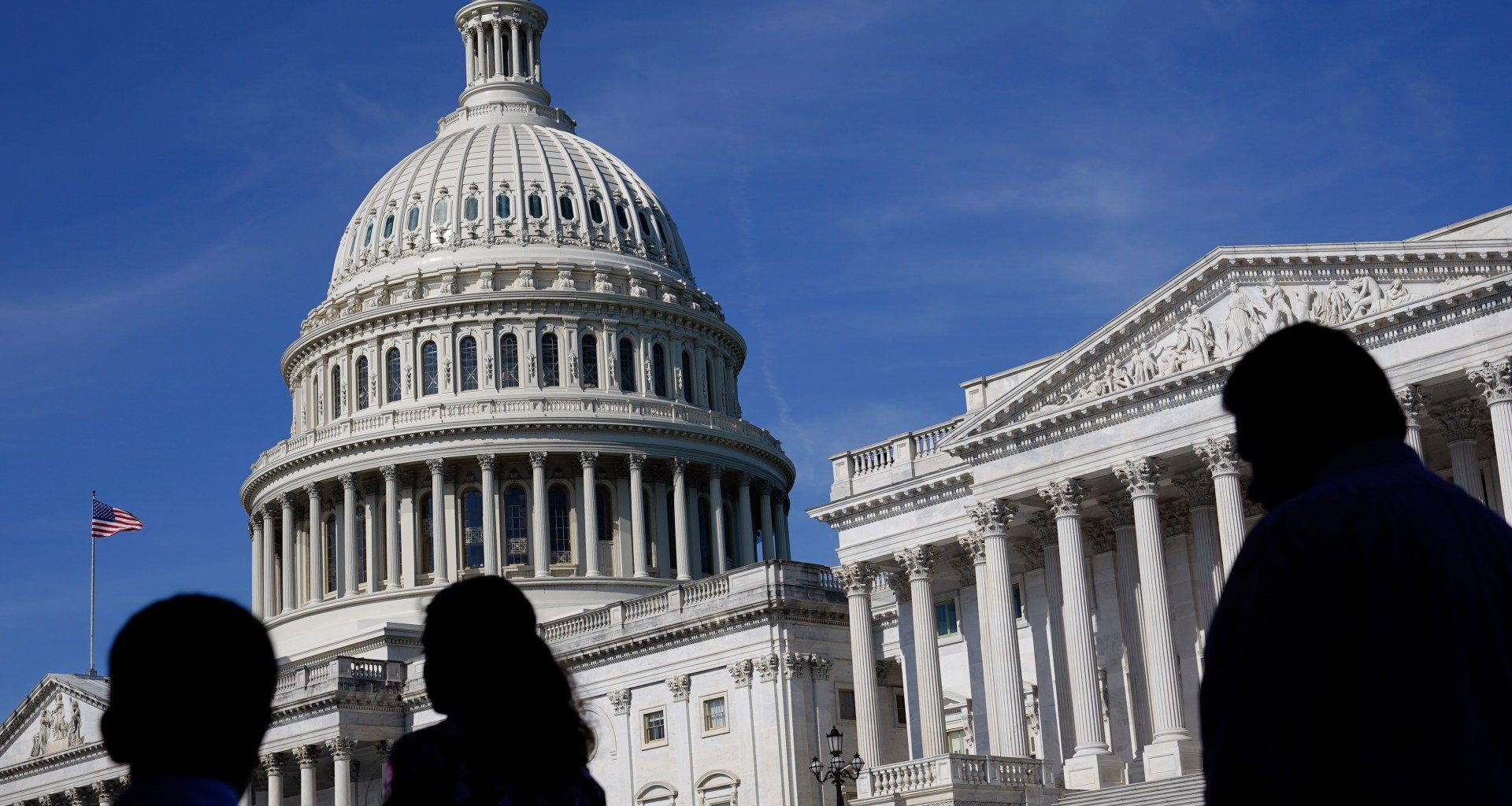
United States President Joe Biden has unveiled a $7.3bn budget proposal that underscores his efforts to pursue several progressive objectives while pushing for more funding to combat crime, restrict immigration at the southern border and send aid to Israel and Ukraine.
Presidential budget proposals are typically seen as wish lists in which an administration lays out its policy priorities. Because passage requires support from the deeply divided US legislature, many of the requests are all but assured to fail.
The budget sent to Congress on Monday would cover the 2025 fiscal year beginning in October. It is particularly significant because it outlines Biden’s platform heading into November’s presidential election, in which he is on track to face former President Donald Trump, the man he defeated in the 2020 race.
“The President’s vision of progress, possibilities, and resilience is in stark contrast to Congressional Republicans, who have repeatedly fought to slash critical programs the American people count on,” the White House said in a statement, adding that Republican plans would increase the deficit by hundreds of billions of dollars while benefitting “big corporations and wealthy tax cheats”.
Balancing act
The proposed budget broadly seeks to increase taxes on corporations and the wealthiest Americans to pay for an array of social programmes as matters of the purse weigh heavily on voters’ minds.
The tax policies are largely a response to sweeping 2017 tax legislation passed by Republicans under Trump, which cut the corporate tax rate from 35 percent to 21 percent. Biden’s proposal would hike the tax rate to 28 percent. It would also seek to assure that those with wealth of more than $100m pay at least 25 percent of their annual income in taxes.
The budget would bring back a child tax credit for low- and middle-income earners, fund childcare programmes, funnel $258bn to building homes and provide paid family leave for workers.
It also includes efforts to combat climate change, lower prescription drug and healthcare costs, and protect the safety net programmes Social Security and Medicare.
The proposal promises to cut annual deficit spending by $3 trillion over 10 years, slowing but not halting the growth of the $34.5 trillion national debt, according to the White House.
Funding for crime, border and foreign aid
The budget proposal also touches on areas where the president is considered most vulnerable ahead of the election in November.
With crime expected to loom large in the presidential race, the proposal calls for nearly $32bn to support state, local and tribal law enforcement. It also includes $17.7bn to support federal law enforcement.
On the border, where the Biden administration has faced a record number of undocumented crossings by migrants and asylum seekers, the proposal would increase immigration processing and enforcement capacity, calling for 1,300 new Border Patrol agents, 1,000 additional Customs and Border Protection officers and 1,600 more asylum officers and support staff. It also calls for “375 new immigration judge teams to help reduce the immigration case backlog”.
The budget would also allocate $4bn to the Department of State to invest in “Indo-Pacific partnerships and alliances” as part of the administration’s “pivot to Asia“.
But underscoring how recent events have slowed that pivot, the budget allocates $7.6bn to the State Department to “support our enduring commitments to key partners in the Middle East and North Africa”, including “increased assistance to support the Palestinian people in the West Bank and Gaza”, according to the State Department.
Despite Biden increasing criticism of Israeli Prime Minister Benjamin Netanyahu in recent days, the proposal calls for more funding for Israel as it continues its war in Gaza. A separate White House request for $14bn in additional aid for Israel has stalled in Congress.
The budget proposal also calls for more funding for Ukraine and Taiwan.
Partisan divide
The 2025 proposal comes as US agencies continue to operate without a full budget for the 2024 fiscal year. Due to a partisan impasse, Congress has relied on passing short-term spending bills to keep the government running. Last week, it managed to pass about half the budget bills needed to fund the US government during the 2024 fiscal year. It faces a March 22 deadline to approve the rest.
The partisan divide is unlikely to narrow any time soon. House Republicans last week released their own drastically different vision of a 2025 budget. That plan seeks to cut $14 trillion in federal spending, including green energy subsides and student loan forgiveness, while reducing taxes to eliminate government debt in a projected 10 years.
My joint statement with @SteveScalise, @GOPMajorityWhip, and @RepStefanik on Biden’s budget proposal: pic.twitter.com/6StD9YAzMe
— Speaker Mike Johnson (@SpeakerJohnson) March 11, 2024
The White House has dismissed the plan as unworkable.
In a statement on Monday, House Republicans decried Biden’s 2025 budget proposal as “yet another glaring reminder of this Administration’s insatiable appetite for reckless spending” and a “roadmap to accelerate America’s decline”.
Read More: World News | Entertainment News | Celeb News
Aljazera










